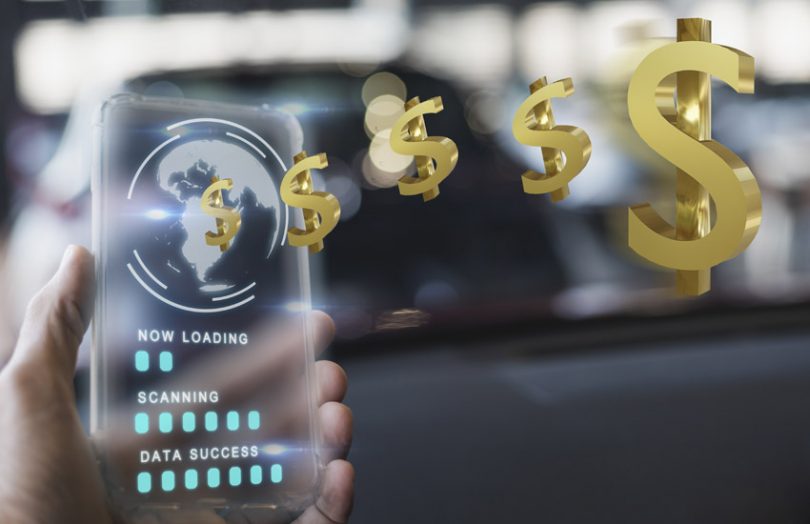Today former U.S. Treasury Secretary Larry Summers spoke about central bank digital currencies at Consensus Distributed. In his, opinion central bank digital currencies (CBDC) should avoid becoming anonymous.
He believes that at the moment we have too much privacy with money. And he worked with the ECB to eliminate the 500 euro note. “All you had to know about those notes is that their nickname was the Bin Laden to know that they weren’t a very good idea,” said Secretary Summers.
Summers believes the last thing that governments should be doing is promoting anonymity. “Of all the important freedoms, the ability to possess transfer and do business with multi million sums of money anonymously, seems to me to be one of the least important freedoms that governments should be working to preserve,” he said.
Caitlin Long of Avanti Bank & Trust disagreed with Secretary Summers that there’s too much privacy. But she also differentiated between anonymity and privacy, where the former is nobody can see your transactions, and privacy provides limited access to your information.
In the U.S. there’s more and more regulation around all digital currencies. “In regulated businesses you have an expectation of privacy when you’re dealing with financial institutions,” said Long. “But the government actually does have access to all the information. Is that better or worse than a central bank digital currency where the central bank would have access to all that information? To me it’s two heads of the same coin.”
Chris Giancarlo, former Commodity Futures Trading Commission (CFTC) Chair and co-founder of the Digital Dollar Project pointed to the fact that there isn’t a complete expectation of privacy even with cash, if the transaction is over $10,000. However, he emphasized that the Fourth Amendment in the U.S. Constitution only allows the government to access your information for the purposes of law enforcement and national security.
He said the government can’t have access to your data to monitor shopping habits or political contributions. “We think it’s critically important that a digital dollar has built into it as a design feature our Western values of an expectation of a degree of privacy in our use of money,” said Giancarlo.






